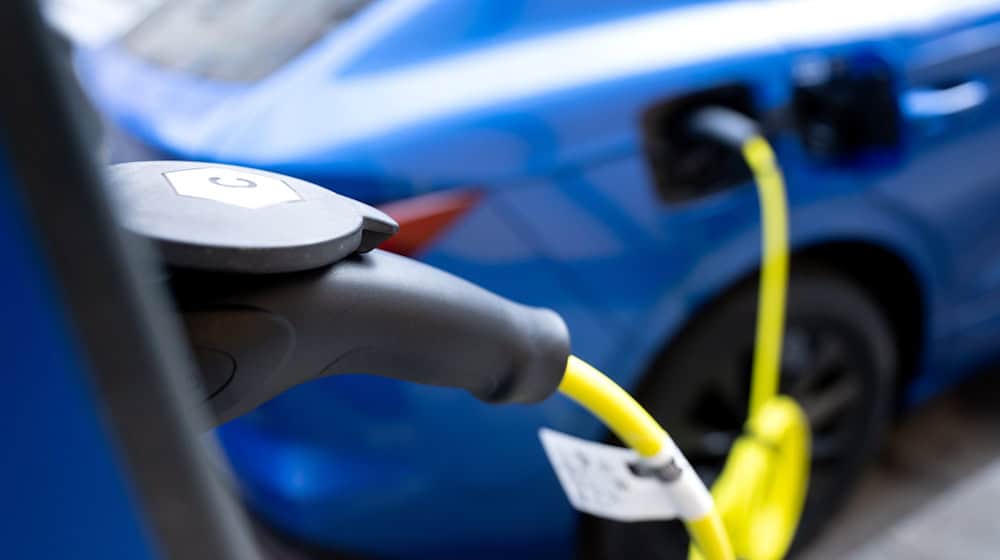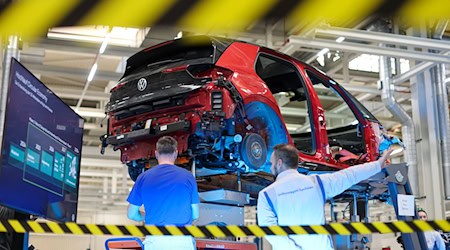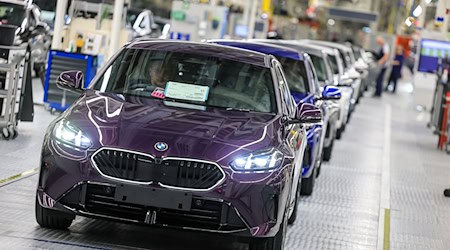Experts at the Chemnitz Automotive Institute (CATI) expect a recovery in e-car registrations in Europe. "It is therefore to be expected that not only will electromobility continue to grow worldwide in 2025, but that Europe and the German market in particular will also return to a sustainable growth path," says an analysis by CATI.
The figures prove this: In the first half of 2025, battery electric vehicles achieved shares of 17.5 and 17.7 percent of new registrations in Europe and Germany respectively. This is significantly higher than the figures for the "crisis year" 2024 (13.9 and 12.5 percent in H1), according to the analysis.
Drive mix gains in importance
The experts analyzed the strategies of 13 automotive groups and 23 brands - from Volkswagen to the Chinese manufacturer BYD. It is clear to see that European manufacturers have adapted their strategies. New models have been postponed in many cases and their number has been reduced. A multi-pronged approach to drive systems is gaining ground. In addition to purely battery electric vehicles, plug-in hybrids, electric cars with range extenders and full hybrids are gaining in importance. In addition, regional customer wishes will be given greater consideration.
The authors write that Germany experienced a "real disaster" in terms of electromobility in 2024. The main trigger was the abrupt end of the scrapping premium, the resulting uncertainty in the market and a further 7.5 percent increase in purchase prices. It is now clear that the turnaround towards electromobility in Europe will not progress as quickly in the medium term as originally expected and politically desired.
Sustainable boost expected from 2027
"It is the task of politicians to formulate socio-political guidelines and targets. This also includes CO2 emissions and their continuous reduction," emphasizes Professor Werner Olle. How this can be achieved technologically must be a matter for the automotive industry. The trend reversal cannot be imposed by a technologically one-sided regulation of supply. The order of the day is customer and market orientation.
According to expert forecasts, battery electric vehicles will account for 22 percent of new cars in Germany this year and 20 percent in Europe. A sustained boost is expected from 2027. This will be driven by cheaper models, lower battery prices and better infrastructure.
The institute had already presented a study on manufacturers' strategies with regard to e-mobility in 2020 in collaboration with the automotive networks in Saxony and Thuringia. The IAA international motor show begins in Munich on Tuesday. More than 700 exhibitors are expected to attend.
Copyright 2025, dpa (www.dpa.de). All rights reserved










